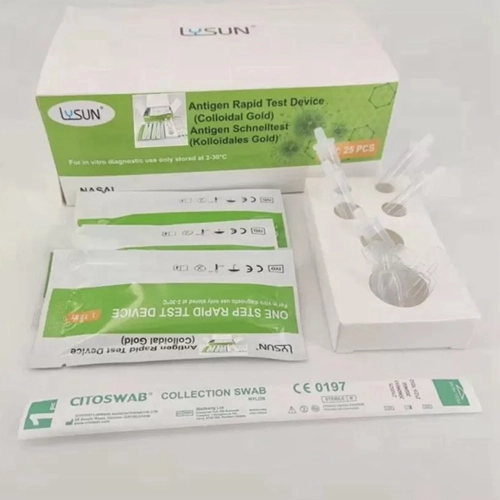
Antigen tests, commonly used for detecting COVID-19, offer rapid results but vary in accuracy. They are generally less sensitive than PCR tests, meaning they are more likely to produce false negatives, especially in asymptomatic individuals or those in the early stages of infection. However, antigen tests are quite specific, so a positive result is usually accurate. Their quick turnaround time makes them useful for screening in high-risk settings. For the most reliable results, especially if symptoms are present or exposure is suspected, a follow-up PCR test is recommended. Always consult healthcare professionals for guidance tailored to your situation.

An antigen test and a PCR test are both used to detect the presence of a virus, such as SARS-CoV-2, but they differ in methodology and accuracy. An antigen test detects specific proteins on the surface of the virus and provides results quickly, often within 15-30 minutes. It is less sensitive and may miss early or low-level infections. A PCR (Polymerase Chain Reaction) test, on the other hand, detects the virus’s genetic material (RNA) and is highly sensitive and accurate. However, it requires specialized equipment and longer processing times, typically several hours to a few days.
Technical & Sales Support